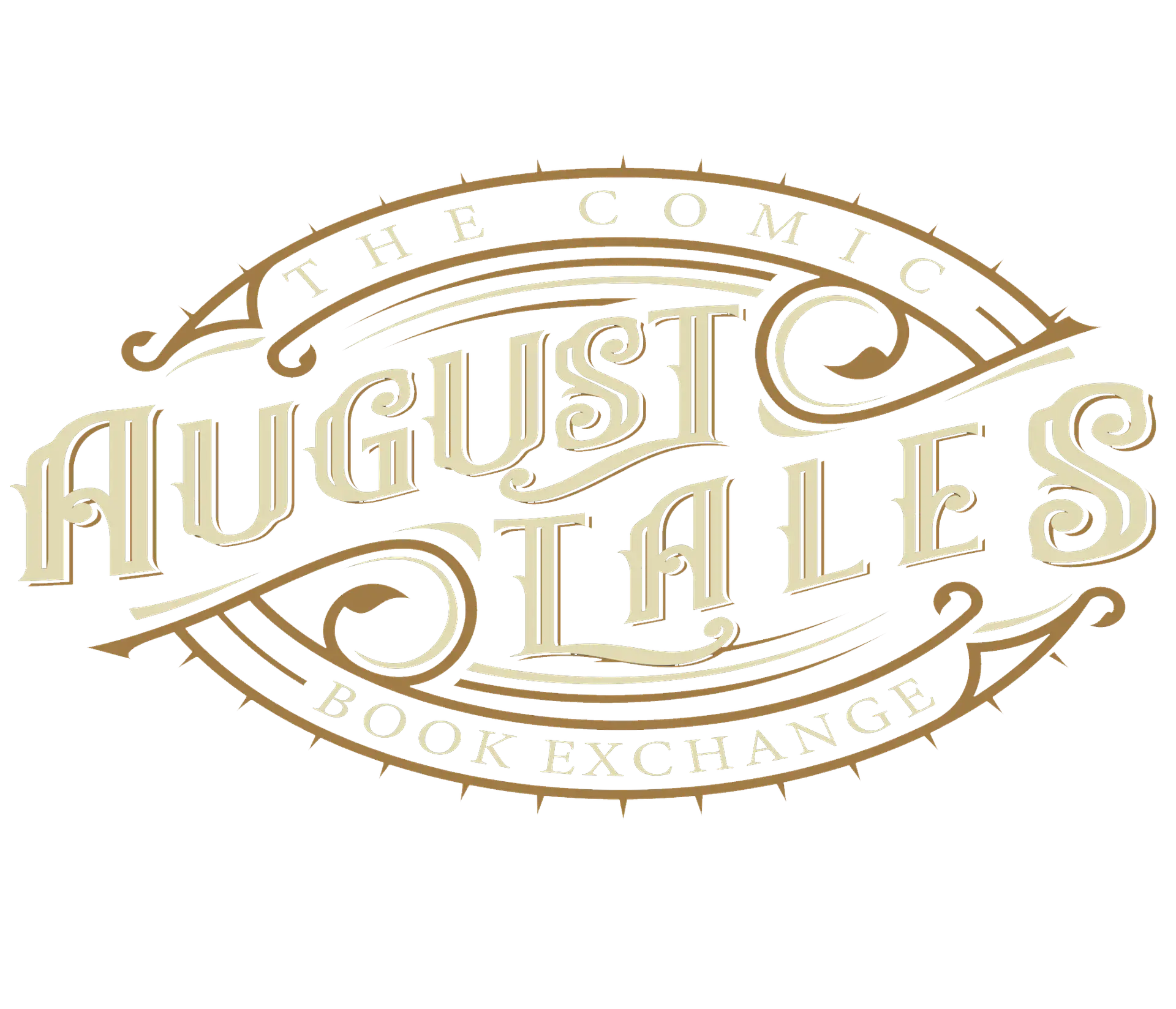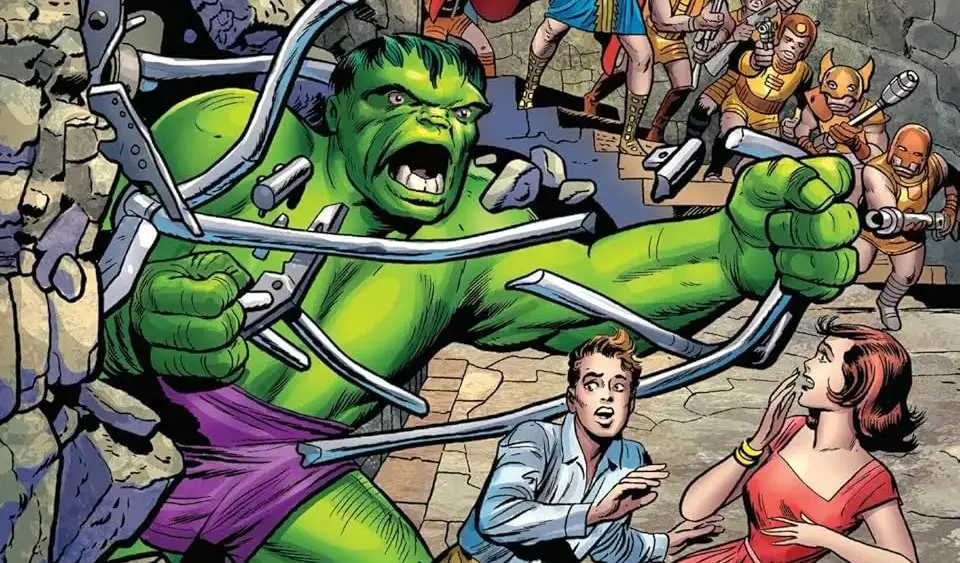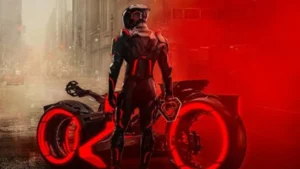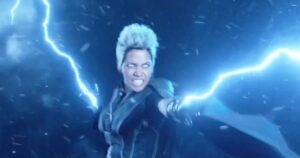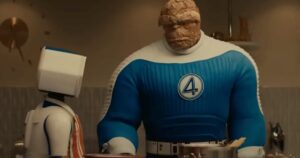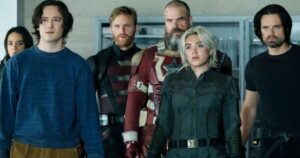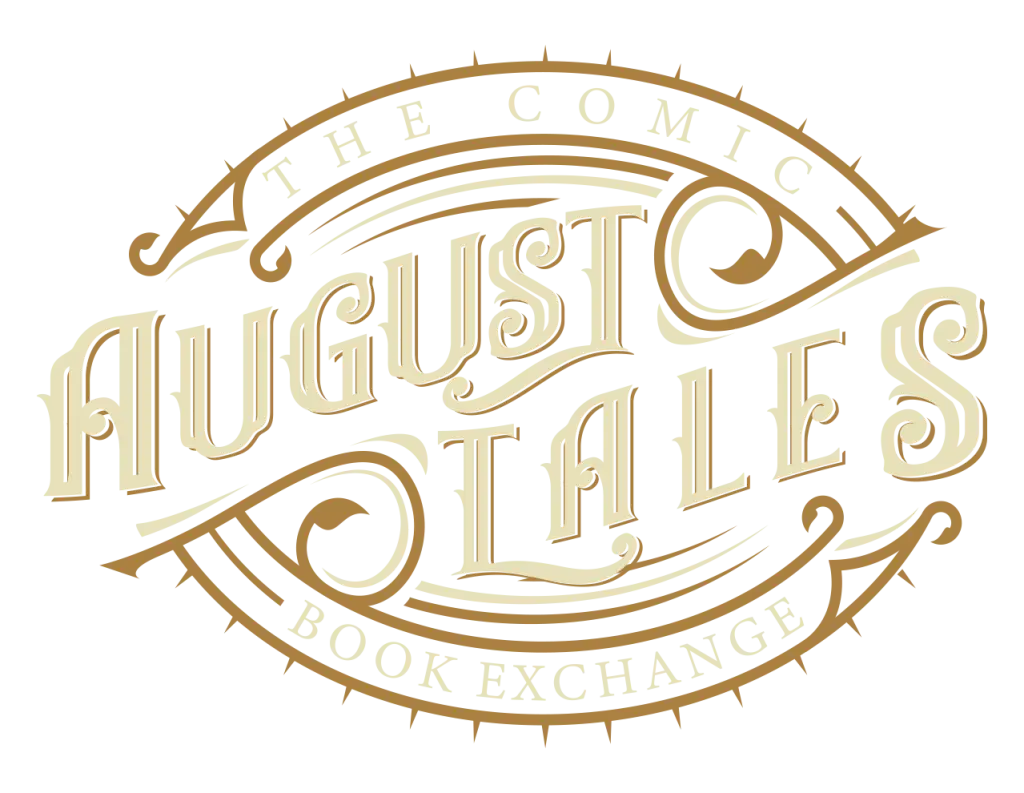Strolling Down Marvel’s Memory Lane: Spotlight on The Incredible Hulk
As August Tales dares to peek, Stan Lee often shared that Marvel’s universe imitates our quotidian realm. In this reflection, superheroes’ worries resemble our own fears and concerns. As a result, the characters become more relatable and human, breaking away from the veneer of their superhero personae. Peter Parker’s challenges of making rent are a case in point.
The Original Hulk: A Misfit
The Incredible Hulk, initially, had a rocky start. The narrative, based in an unrelatable New Mexico desert, narrated the enigmatic life of an unnamed scientist. Despite the star power of Lee and Jack Kirby and the essence of scientific mishap, the comic series was short-lived. Only lasting six issues, the Incredible Hulk failed to resonate with readers due to its detached geographical and emotional context.
The original series faced confusion about defining the Hulk. Questions riddled whether he was a monster terrorizing the military, a space-traveling hero, or a player in international disputes. Even his transformative powers were ambiguous, shifting from an involuntary transformation at nightfall to on-demand alteration via a self-created ray. Awkwardly, teenage Rick Jones exercises unpredictable control over a puppet-like Hulk.
Framing the Hulk: Seeking a Fitting Canvas
It was only when the Hulk began interacting with the growing Marvel Universe that he gained coherence. As an outlier, the Hulk seemed to represent a part of their world untouched by their conditions, adding an element of mystique.
In Fantastic Four #12, the Hulk transitions into a supporting act. Free from the constant focus on his shifting identities, a “reactionary” Hulk evolves. Rather than a man, he becomes a monstrous reaction to external influences, which paradoxically humanizes him further.
The Hulk becomes synonymous with a reactionary force confronted by outside triggers. He reluctantly joins the Avengers, only to abruptly depart. Namor cons him into revenge, and he again leaves. This cycle repeats in subsequent stories such as Tales to Astonish. The Hulk appears as a wanderer, often poked and prodded by Marvel’s other superheroes.
The Paradox of The Incredible Hulk
In the Incredible Hulk Epic Collection: Man or Monster?, we see the Hulk progressively stripped of his agency and character development. Surprisingly, this anomaly leads to a positive shift for the character unrelatable with their world or ours.
Fundamentally, the Incredible Hulk defied Stan Lee’s “world outside our window” doctrine until he began clashing with characters who didn’t. This interesting inversion led to classic tales and monumental conflicts. As the Hulk paves his way, he in fact becomes the emissary exposing the world outside their window.
Read this article and more at August Tales Comics. Your go-to site for trade paperback exchanges and comic book news! Trade. Read. Repeat.
#comics #comicbooks #graphicnovel #graphicnovels #augusttales
Image credit: aiptcomics.com
